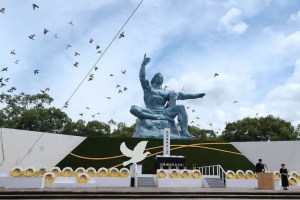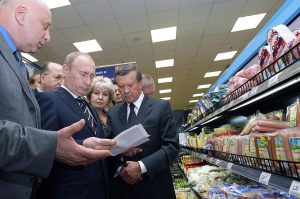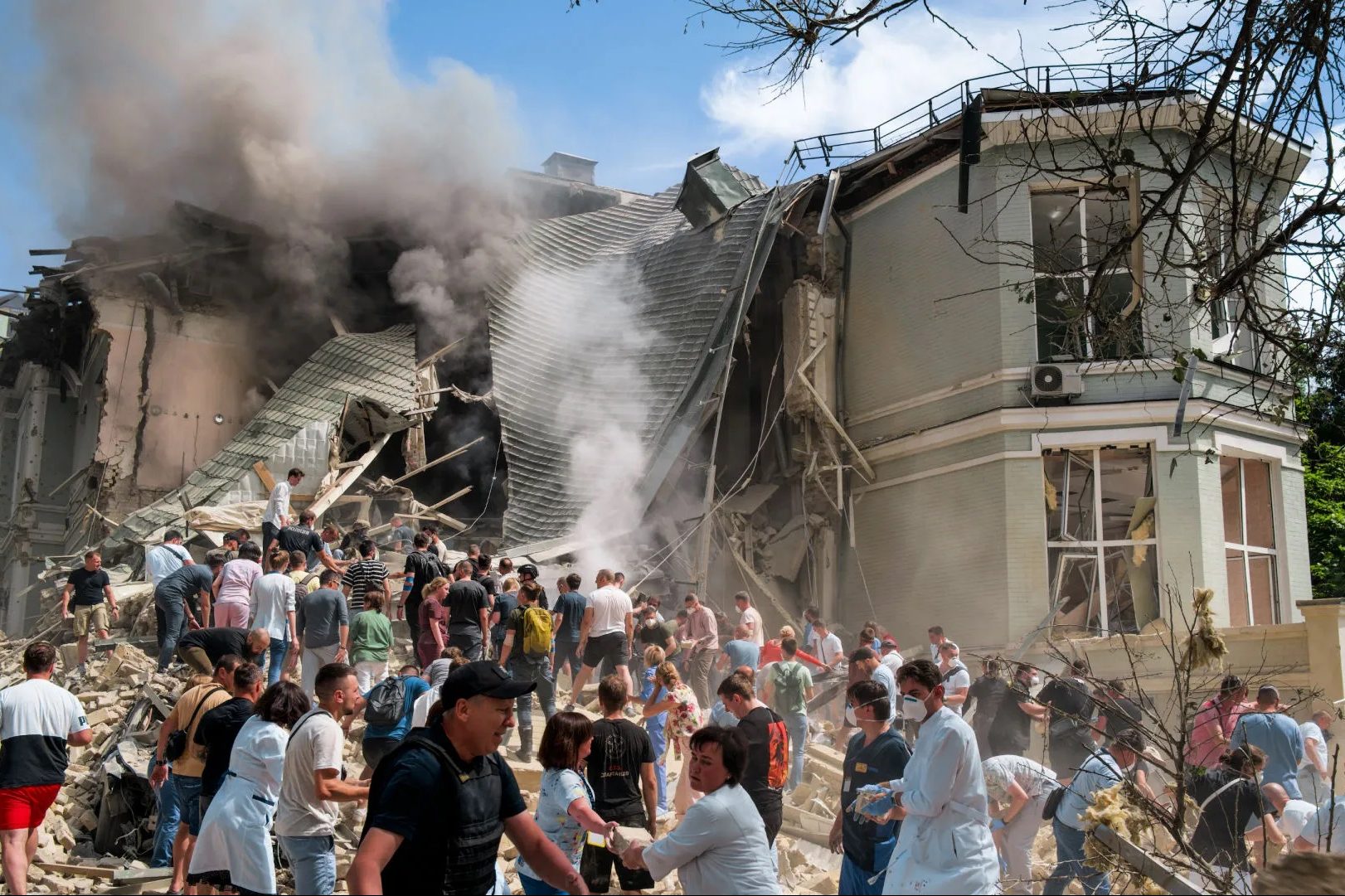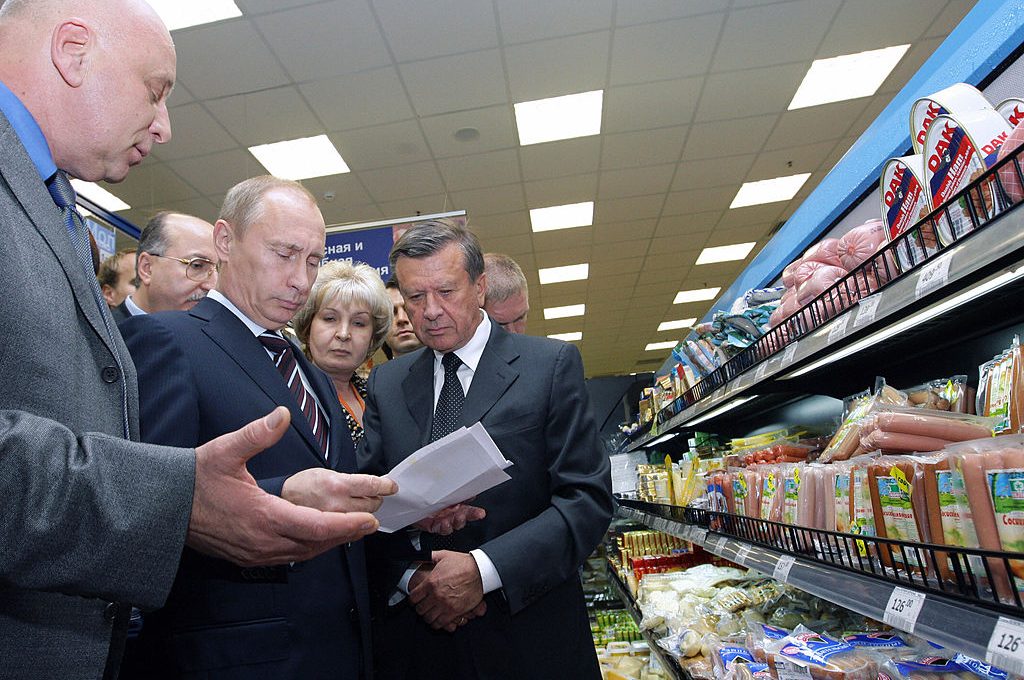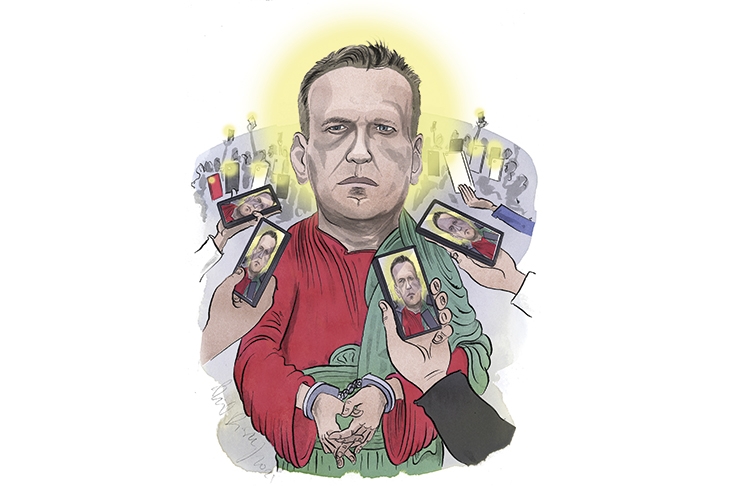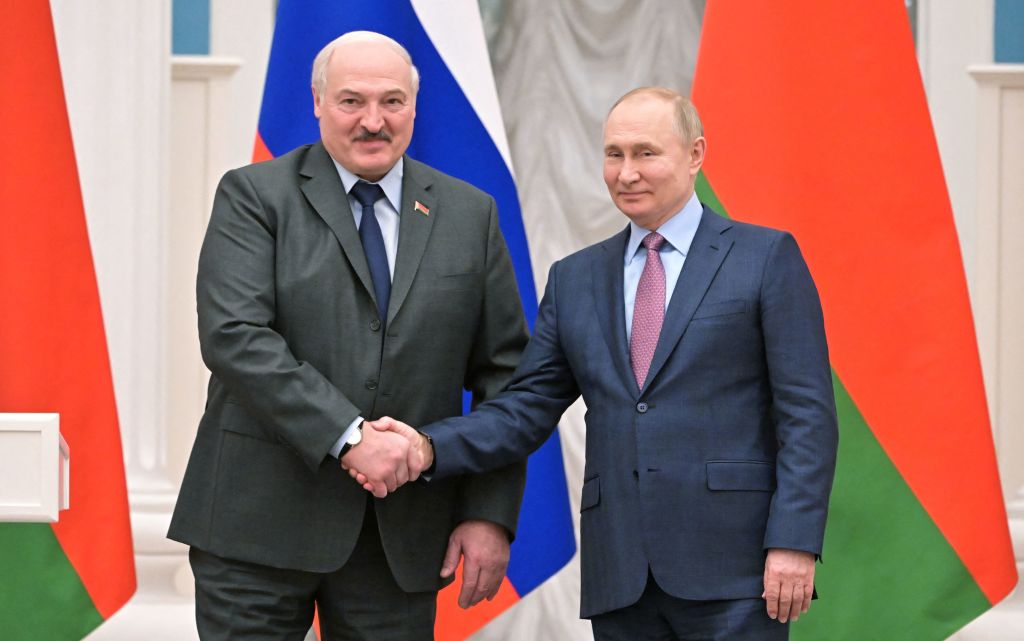On Sunday evening an act of appalling state kidnapping took place over the skies of Europe. Four alleged KGB officers and a Soviet-era MIG-29 fighter jet forced a Ryanair flight, traveling between two EU capitals, to divert to Minsk. The hijacking was a carefully planned, outrageous operation.
The Belarusian KGB (sadly not an anachronism) had claimed there was an explosive device onboard, but their real target was Roman Protasevich, a 26-year-old journalist. Protasevich is the founder of the NEXTA Telegram channel, which supported and covered the anti-government protests that erupted in Belarus last August after falsified presidential elections. The journalist was arrested alongside his fiancée, with footage emerging late Monday evening of a shaken Protasevich bearing strange marks on his face and admitting to crimes that carried a 15-year prison sentence.
The Belarusian government’s obscene disregard for international law and human rights is the mark of a regime whose domestic turpitude has become an international problem. Alexander Lukashenko, president of Belarus for 27 years, is a paranoid dictator who fears the truth and his own people. He is a coward but one who felt emboldened to commit air piracy without much care for the consequences.
Puzzled by this disregard, some have divined the familiar face of Vladimir Putin, placing him as the mastermind behind the hijack. But there is no real evidence for this. Putin and Lukashenko have a testy relationship to put it mildly, as seen last year when Belarus arrested 33 Russian mercenaries and accused them of plotting terrorism.
Rather than reembark upon the well-trodden ‘all roads lead to Putin’ narrative, those of us in the West might be better advised to consider our own role in emboldening Lukashenko. We have failed to inflict a cost on the ruling elite of an almost three-decade-old dictatorship. The EU has imposed sanctions on Belarus since 2012 but they have ebbed and flowed in accordance with Lukashenko’s ability to play Russia against the West.
Admittedly, the Belarusian government’s falsification of elections and brutal state aggression against protesters led the EU and UK to increase sanctions, even targeting Lukashenko personally. These sanctions remained largely defensive, or deterrent, rather than a serious effort to weaken the regime economically.
At first, the EU’s response to the hijacking looked set to continue this tradition of underwhelming responses to outrageously autocratic exploits. The EU transport commissioner even declared the delayed Ryanair flight’s takeoff from Minsk to be ‘great news for everyone’ — ignoring Protasevich and his fiancée languishing on the Minsk runway.
Thankfully, the European Council’s proposed response on Monday evening was much more forceful, listing a range of measures under consideration, including further targeted sanctions, calling EU carriers to avoid overflights of Belarus and banning Belarusian planes from EU skies and airports. However, it is not immediately clear that the Council will be able to pass these measures, or at least not as quickly as is needed to provide a bold symbolic act to deter other rogue states.
Moreover, in a country where the regime so evidently does not represent its people, the best type of sanctions must be accurately targeted. Last year, Lukashenko closed Belarus’s land borders and accused Nato of trying to invade, showing that he is quite happy to lock his citizens off from the rest of Europe. Why should the EU assist him in this? Blocking Belarusian airliners from the EU will limit the freedom of movement of ordinary Belarusians only. After all, the elites will still travel in private jets.
Rather than lock them in, European countries should offer Belarusians financial, logistical and visa support to find safe refuge. Even as the drama over the hijacking was still unfolding, the Belarusian government announced sweeping new internal restrictions that make it illegal for journalists to cover unsanctioned protests or publish ‘unverified’ opinion polling. Earlier last week, the authorities raided and blocked access to the most popular news site in the country.
As well as supporting those who share universal values of democracy and individual rights, European nations should prevent Lukashenko’s circle from stashing their wealth in the EU or UK (including the overseas territories). Belarusian elites and their families have used offshore companies, especially in the British Virgin Islands, to conduct business in the EU with impunity. Those under sanctions simply place their assets under a relative’s name.
As much as this is a question of tackling dirty money, it is also one of suffocating autocracy. For example, why has the UK government not acted to remove the £1 billion ($1.4 billion) in Belarusian government bonds launched in 2020 on the London Stock Exchange? Why has it not introduced measures to prevent any future such listings?
Ultimately, Lukashenko is to blame for the hijacking and for the human rights situation in his country. But before they spend too much time deliberating over how to adequately ‘punish’ Belarus, the EU and UK should check that they are not enabling the villains while ignoring the heroes.
This article was originally published on The Spectator’s UK website.










